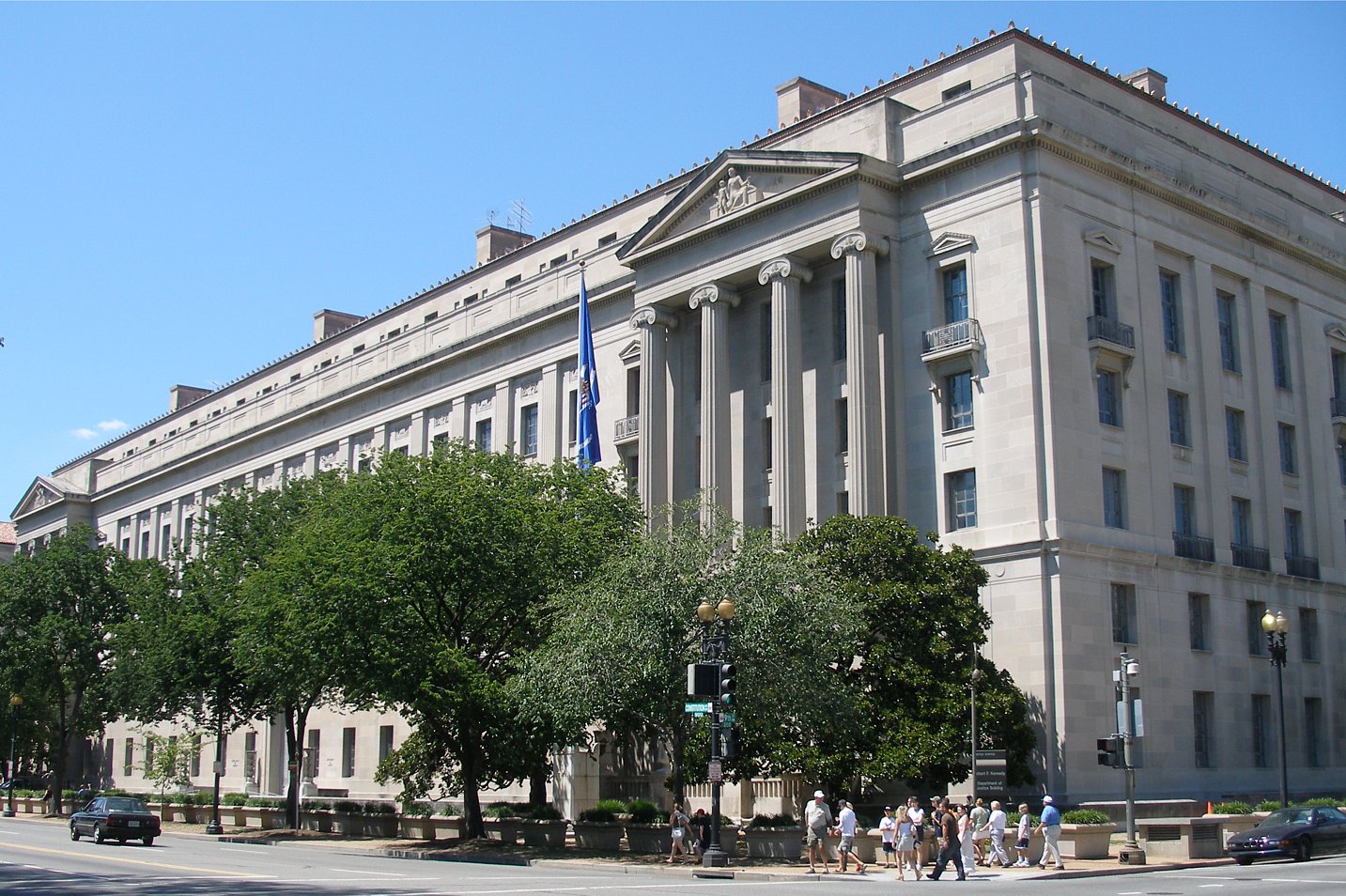
Wikimedia Commons
In the wake of the United States Department of Justice’s August allegation that Yale discriminates against white and Asian American applicants in admissions, the Trump administration continues to pursue university discrimination cases with a new United States Department of Education probe into Princeton University.
On Aug. 13, the DOJ announced it had found that Yale violated Title VI of the 1964 Civil Rights Act, which prohibits any institution or activity receiving federal funding from discriminating on the basis of race, color or national origin. The finding came after a two-year investigation in response to a complaint against Yale from the Asian American Coalition for Education and 132 other organizations. Yale has strongly denied the DOJ’s accusations; University President Peter Salovey wrote an email to the Yale community calling the DOJ’s allegation “baseless” and saying that Yale will uphold its current admissions practices.
The DOJ set a deadline of Sept. 15 for Yale to submit a proposal that would include a date by which Yale would end its practice of “race discrimination.” But Yale has not released any such proposal to the public. Dean of Undergraduate Admissions & Financial Aid Jeremiah Quinlan told the News that Yale remains in talks with the DOJ but declined to answer whether Yale has submitted a private proposal to the DOJ.
“Yale is in a continuing conversation with the Justice Department,” Quinlan wrote in a statement to the News. “As outlined in President Salovey’s August 13 message to the Yale community on this issue, our admissions practices absolutely comply with the law and will not be changed in response to the Department’s baseless allegation.”
On Sept. 16, the DOE announced that they would investigate Princeton for violating Title VI of the 1964 Civil Rights Act after Princeton University President Christopher Eisgruber wrote to the Princeton community saying that “racism and the damage it does to people of color … persist at Princeton” and “racist assumptions … remain embedded in structures of the University itself.” The DOE called this email “admitted racism.”
Immediately following the DOE’s announcement, Princeton released a statement saying that they stood by the sentiments espoused in Eisgruber’s email.
“The University will respond to the Department of Education’s letter in due course,” the Princeton statement said. “It is unfortunate that the Department appears to believe that grappling honestly with the nation’s history and the current effects of systemic racism runs afoul of existing law. The University disagrees and looks forward to furthering our educational mission by explaining why our statements and actions are consistent not only with the law, but also with the highest ideals and aspirations of this country.”
Cara McClellan, the assistant counsel at the NAACP Legal Defense and Educational Fund, told the News that the DOE probe — unlike the DOJ investigation of Yale and the past DOJ investigation of Harvard — is unique because it expands beyond the scope of admissions. She strongly opposes the DOE’s implication that addressing a history of institutional racism is racist.
McClellan also told the News that both the DOJ and the DOEs letters to Yale and Princeton, respectively, were unusual in that they did not contain explicit data or evidence that demonstrated racial discrimination, as a typical government accusation would.
McClellan said that the Legal Defense Fund has sent a request to the DOJ for more information regarding the allegations against Yale to see whether this falls within the grounds of the government’s Title VI authority.
“All I can really say is, what’s happening is unusual,” McClellan said. “It’s not the normal protocols of how we know the Department of Justice operates, which is part of why [the Legal Defense Fund] sent a request to the Department of Justice, to get information about what are you basing these investigations on? … The unusualness and the rush in particular indicate that what is expected protocol is not what’s happening here.”
Adam Mortara, the lead trial counsel for Students for Fair Admissions — which sued Harvard University over its affirmative action policy — told the News that he thinks the DOJ’s accusations against Yale should “give heart” to opponents of affirmative action. But when it comes to the Princeton case, he views that as independent from the Harvard or Yale cases in that it expands beyond discrimination in admissions.
Mortara said he sees the DOE probe as the government setting the precedent that if a university president announces that there has been racism at an institution, the institution will be investigated for racism. This interpretation is different from McClellan’s, or that of Princeton’s official statement, which insinuated that the DOE views Princeton’s recognition of historical racism as a racist act in and of itself.
“I think both opponents and proponents of affirmative action, whatever your position on affirmative action in admissions, nobody wants a hostile environment on campus to be created on the basis of race or sex, for example,” Mortara said. “We do want the Justice Department or the Office of Civil Rights at the Department of Education to investigate circumstances where there’s a hostile environment created based on race … We shouldn’t have hostile environments on the basis of race at all, in any circumstance, ever. And that’s kind of a separate question from whether we should have affirmative action.”
Affirmative action has been upheld in court numerous times since the Supreme Court originally found it constitutional in Regents of the University of California v. Bakke in 1978.
Amelia Davidson | amelia.davidson@yale.edu
Correction, Oct. 7: A previous version of this article incorrectly stated that the Department of Justice ruled that Yale discriminated against white and Asian American students in admissions, and that the DOJ found Yale guilty of such discrimination. Because the DOJ is not a judge or jury, the phrase “found guilty” — in addition to implying that Yale did, in fact, discriminate — is not applicable in this situation, and its determination was not a ruling.







